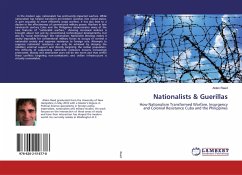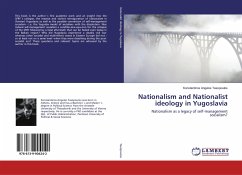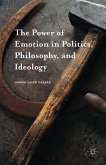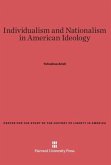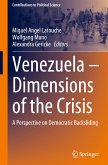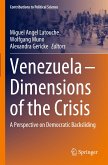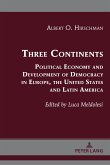In the modern age, nationalism has profoundly impacted warfare. While nationalism has helped transform pre-modern societies into nation-states, in part arguably to more efficiently wage warfare, it has also lead to a decline in the effectiveness of conventional military power. Warfare in late nineteenth century Cuba and the Philippines demonstrates many of the new features of "nationalist warfare," showing increased violence is brought about not just by conventional technological developments, but also by "social technology" like nationalism. Nationalist ideology makes it nearly impossible for conventional military forces to occupy or control a nationalist society and suppress resistance to foreign rule. Attempts to suppress nationalist resistance can only be achieved by denying the rebellion external support and directly targeting the civilian population. The difficulty of suppressing nationalist resistance ensures increasingly protracted, bloody and destructive wars will be thenorm and that within these conflicts targeting non-combatants and civilian infrastructure is virtually unavoidable.
Bitte wählen Sie Ihr Anliegen aus.
Rechnungen
Retourenschein anfordern
Bestellstatus
Storno

